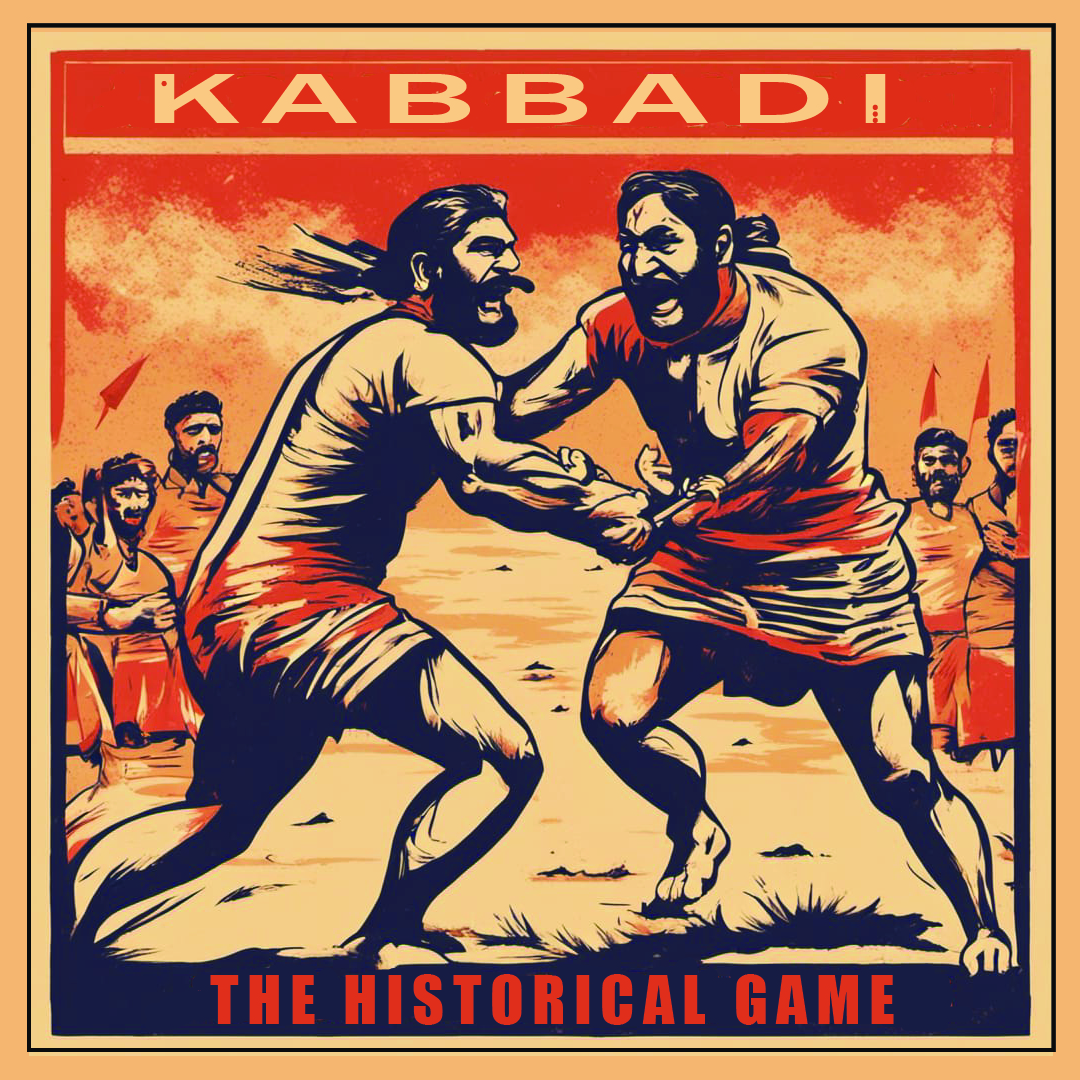
A woman who defied conformity
Born in November 1952, to an upper-middle class family in Karachi, Parveen Shakir was the epitome of strength, a truly unconventional woman while remaining deeply connected to her Pakistani roots. Recipient of the Adamjee Literary Award, Pride of Performance Award, and the Faiz Ahmed Faiz International Award to name a few out of an endless list of accolades.
In this new wave of feminism, we seem to have forgotten all about the legacy these larger-than-life Pakistani women have left behind, we look to the West for inspiration when we carry such rich history of feminism. A single parent, a civil servant, and a brilliant poet, she was truly a force to be reckoned with. Language is one of the key ingredients of our cultural identity and Parveen Shakir made one of the most integral contributions to our cultural identity, which is giving Urdu literature a feminine voice.
The main focus of her writings is love, the way it completes you as well as the pain that comes with it. To most people who have their heart broken, the idea of love may not be a very enticing one, they tend to become wary of it, but Parveen Shakir’s poetry confirmed my belief that it takes a great deal of courage, strength, and resilience to fall again despite knowing what that pain feels like. To some, this may sound like foolishness, but to Parveen Shakir, it is what gave her purpose. She says in an interview back in the 90’s when asked what happiness meant to her that happiness can be anything that makes life worth living, it could be an idea, a feeling, for example being in love. After which the interviewer asks her how can one tell when they’re in love and she tells him that it’s when you feel incomplete without your person, when you want to share everything with them, whether good or bad, they are the first person you think of. Her poetry so beautifully breaks a cycle of being polite and easy, of love only being expressed by a man. She broke the stigma around women engaging with and expressing their softer, tender side that was often masked by the responsibilities of homemaking and childbearing.
Out of all her poems, there is one that particularly piqued my interest, although one of the lesser-known ones, is ‘Departmental Store Mein’ (Inside the Departmental Store). It spoke to me for the way the poet portrays this girl in love, it perfectly captures what I may never be able to express for myself. Following is an original translation by author Raza Naeem:
“Pearl natural pink
Revlon hand lotion
And Elizabeth Arden blush-on too
Is there yet a new nail-polish shade in Medora?
Would a Rimmel lipstick matching
With this violet scarf of mine be available?
And yes, give me that Tulip shampoo too
I remembered
The tweezer I bought a few days back
Was absolutely useless
Give me another one!
Do make the bill!”
Arre! That scent kept in the corner
Just show me
Let me test it
(God! God!
This scent had been his favorite
It always burst from his clothes!)
Just tell me its price
So much!
Okay, do one thing
I will buy the other things another time
Just pack this scent for now!”
Sometimes what makes you fall in love with someone is the way they tuck their hair behind their ears or the sparkle in their eyes when they laugh or simply the way they look at you. Many have said that it is your loving eye that makes your beloved special, which might be true but the way ‘Departmental Store Mein’ depicts a woman reminiscing, a woman in love, is so perfectly relatable. Playful at first, she’s picking up all these fancy things, but the moment the scent her beloved used to wear teases her senses, everything else seems trivial, playing on the Proust effect where it is said that scents have the ability to trigger nostalgia and memories emotionally redolent, suddenly nothing else is that important anymore, this girl becomes a woman or it could even be said that this woman becomes a girl.
“Dil ko Khushi ke saath saath hota raha malal bhi”
A line from her poem ‘Kuch to hawa bhi sard thi. In just one line, she sums up the entire experience of being in love. She’s penned down that knot-like feeling in the stomach, that sinking feeling of the heart, both felt when in love.
Parveen Shakir was stuck in a bad marriage for several years, that eventually ended in a bitter divorce, yet she writes about love as if an old friend, I cannot help but imagine the kind of sacrifices she must have had to make, for she spoke very often about society judging women by different standards, she says in the same Naeem Bukhari interview that being a woman she could not ‘afford’ to reply to fan-mail, implying that she did not want to give anybody the wrong idea about her character. This goes to show the extent of her sacrifice and the depth with which she describes love, I refuse to believe she never experienced it or longed for it for the sole reason that that is something every human being needs. It is almost impossible to express so appropriately something you have never felt.
In the end, we lost an icon for women. A true powerful woman, who led a career, reached heights in literature many yearn, and even more, she was searching for the very thing we all seek, Love.



